The New Silk Road
Select...
SITUATION REPORTS
Africa, China: Record 2021 Trade Presages More Partnerships in 2022
Jan 19, 2022 | 17:32 GMT
Laos, China: High-Speed Railway Opens, Benefits Unclear
Dec 3, 2021 | 19:39 GMT
China: Chinese Firms Accounted for Majority of Overseas Land Acquisitions Between 2011-2020
Jul 13, 2021 | 19:18 GMT
EU: Brussels Drafts Alternative to China’s Belt and Road Initiative
Jul 7, 2021 | 18:11 GMT
Montenegro: Government Finalizing Plans With Europe to Refinance China Debt
Jun 18, 2021 | 16:15 GMT
Lithuania: Country Withdraws From Chinese Cooperation Initiative
May 24, 2021 | 20:30 GMT
Indonesia: Landslides at China-Funded Dam Kills at Least 3 People
Apr 30, 2021 | 20:40 GMT
Malaysia: Country Raises Price Commitment on China-led Rail Project
Apr 5, 2021 | 19:33 GMT
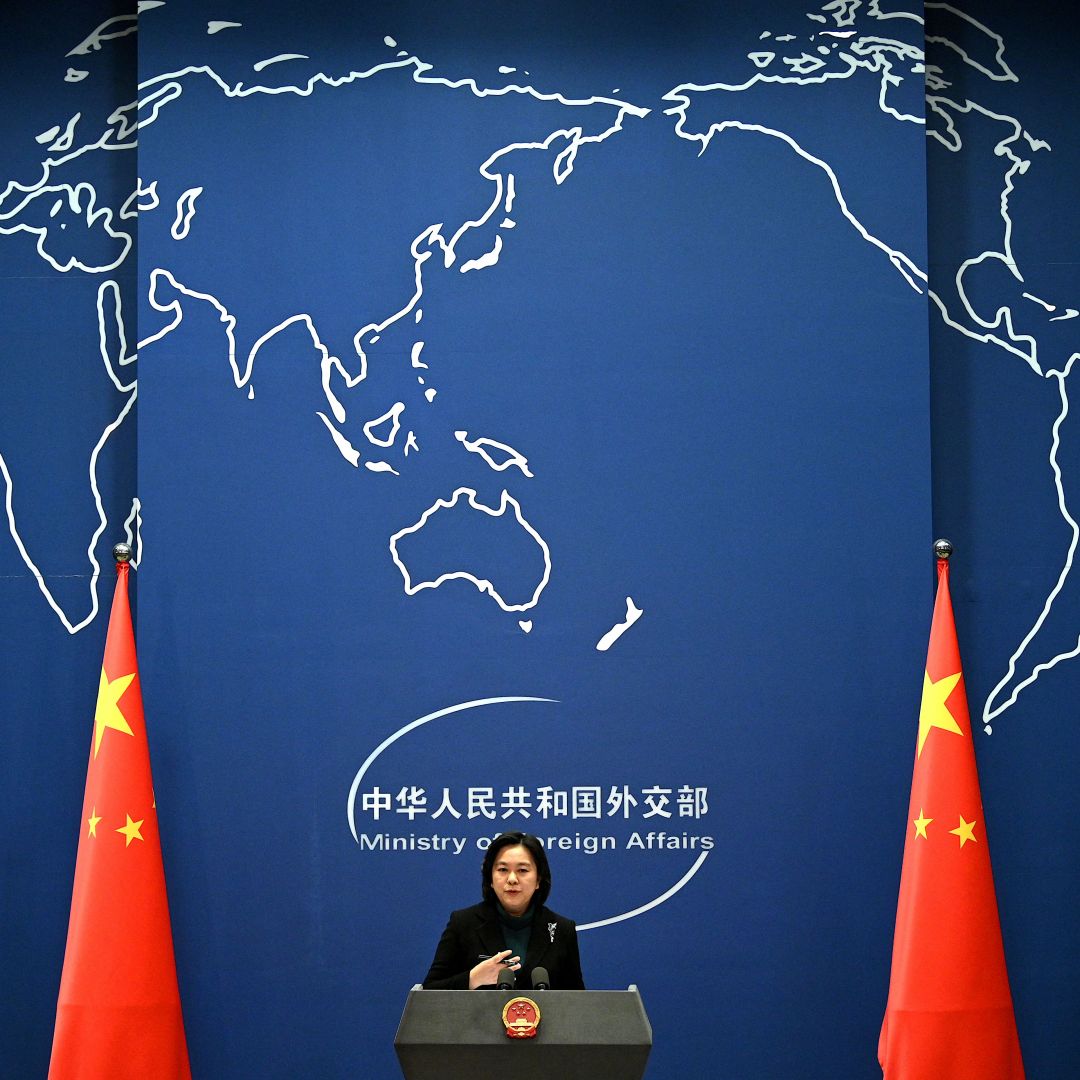
On GeopoliticsFeb 25, 2022
The Ukraine War Exposes Russia and China’s Competing Visions for Eurasia
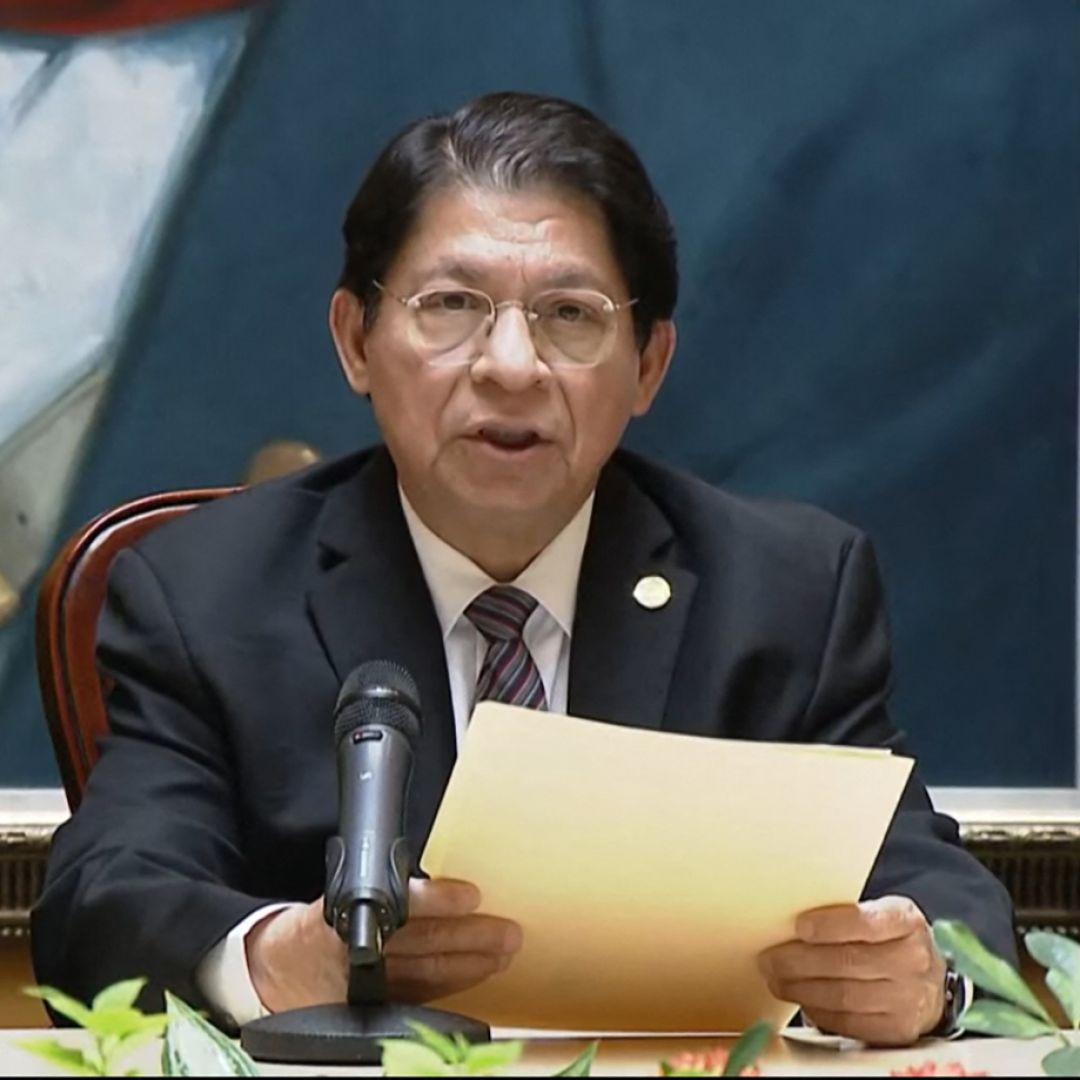
AssessmentsDec 13, 2021
What to Make of Nicaragua’s Diplomatic Break From Taiwan
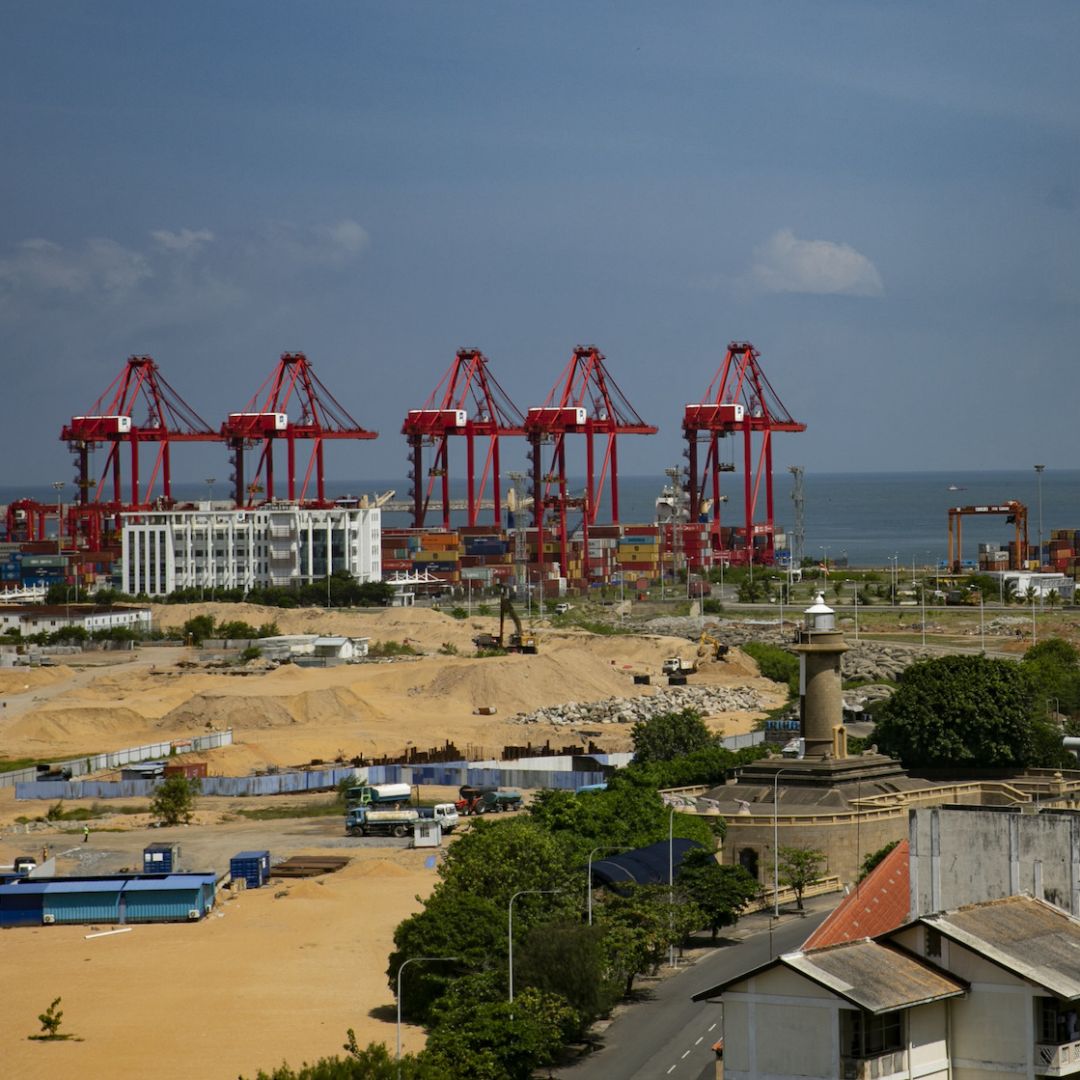
SnapshotsNov 8, 2021
Sri Lanka’s Economic Struggles Will Deepen Its Reliance on Foreign Funds
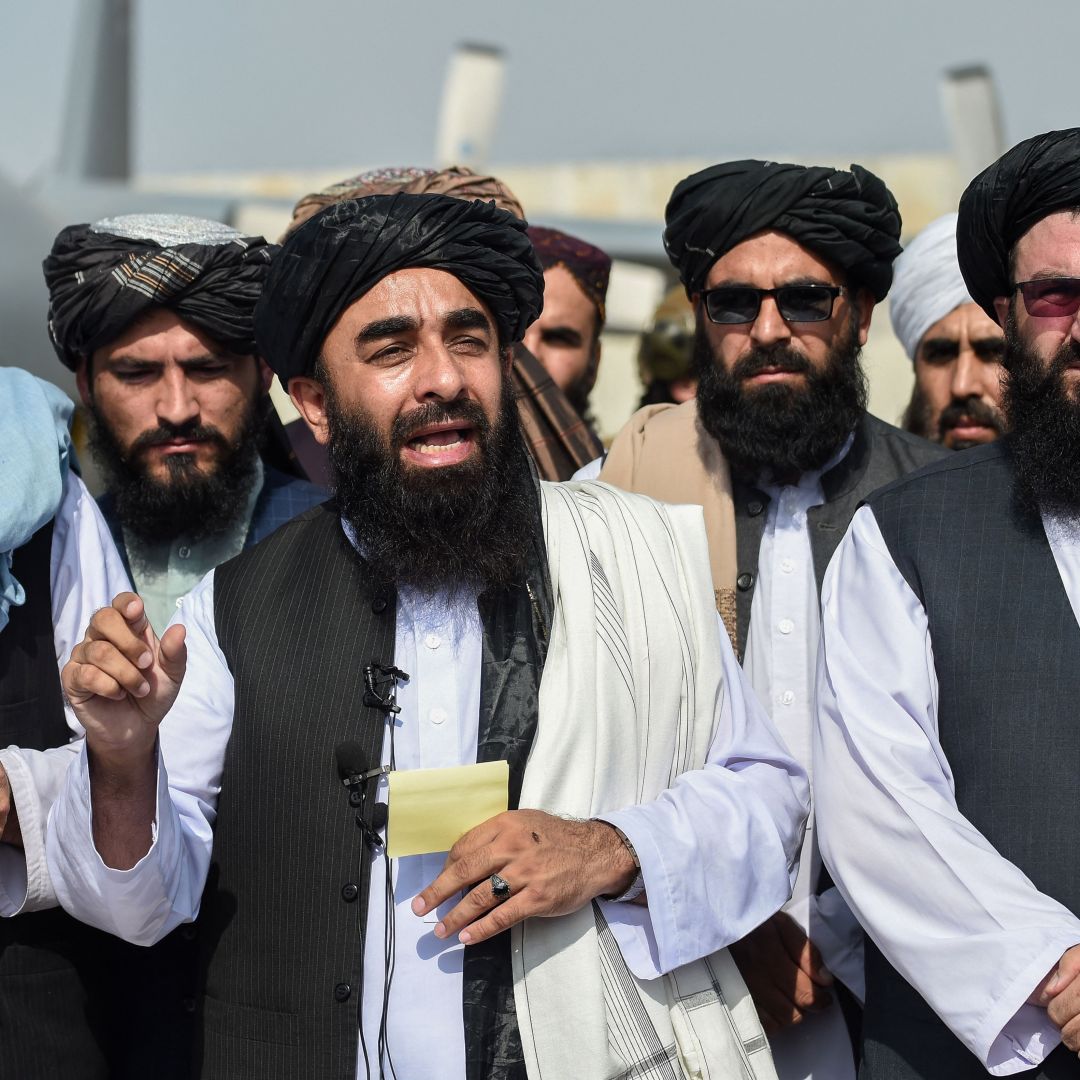
AssessmentsSep 3, 2021
In Approaching the Taliban, China Will Tread Carefully
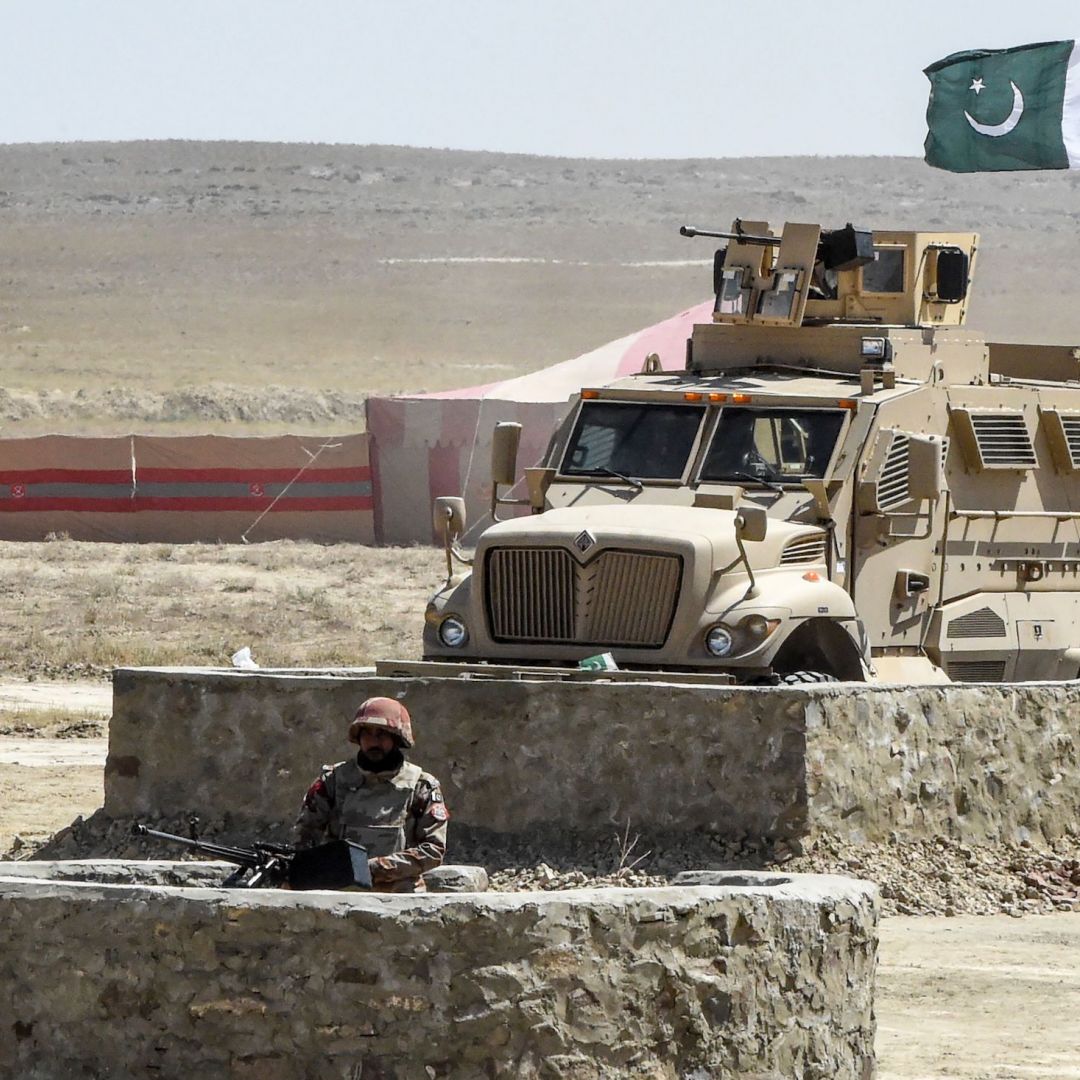
AssessmentsJul 29, 2021
Gauging Pakistan’s Position Amid the Turmoil in Afghanistan
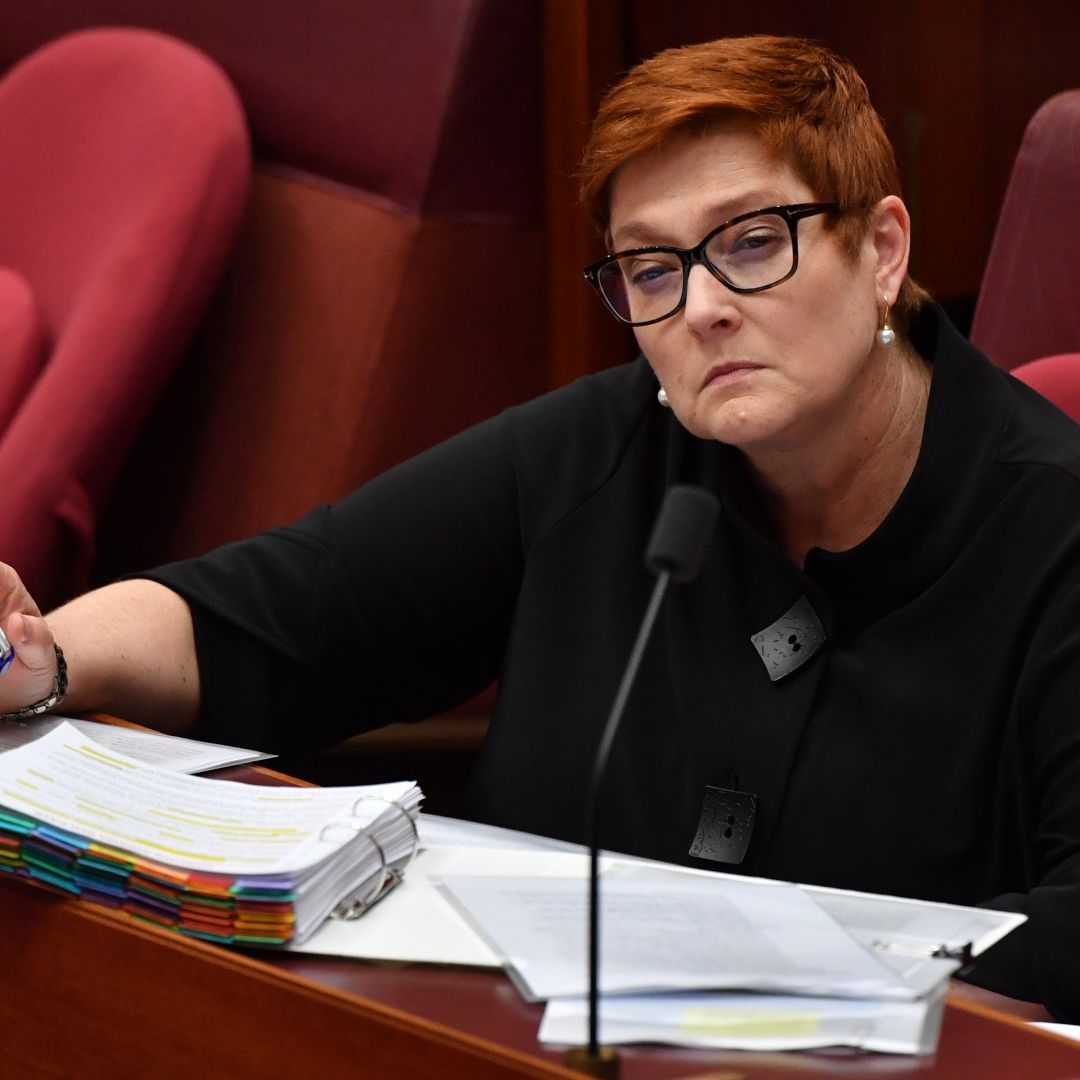
SnapshotsApr 21, 2021
Australia Vetoes Victoria’s Belt and Road Deal With China
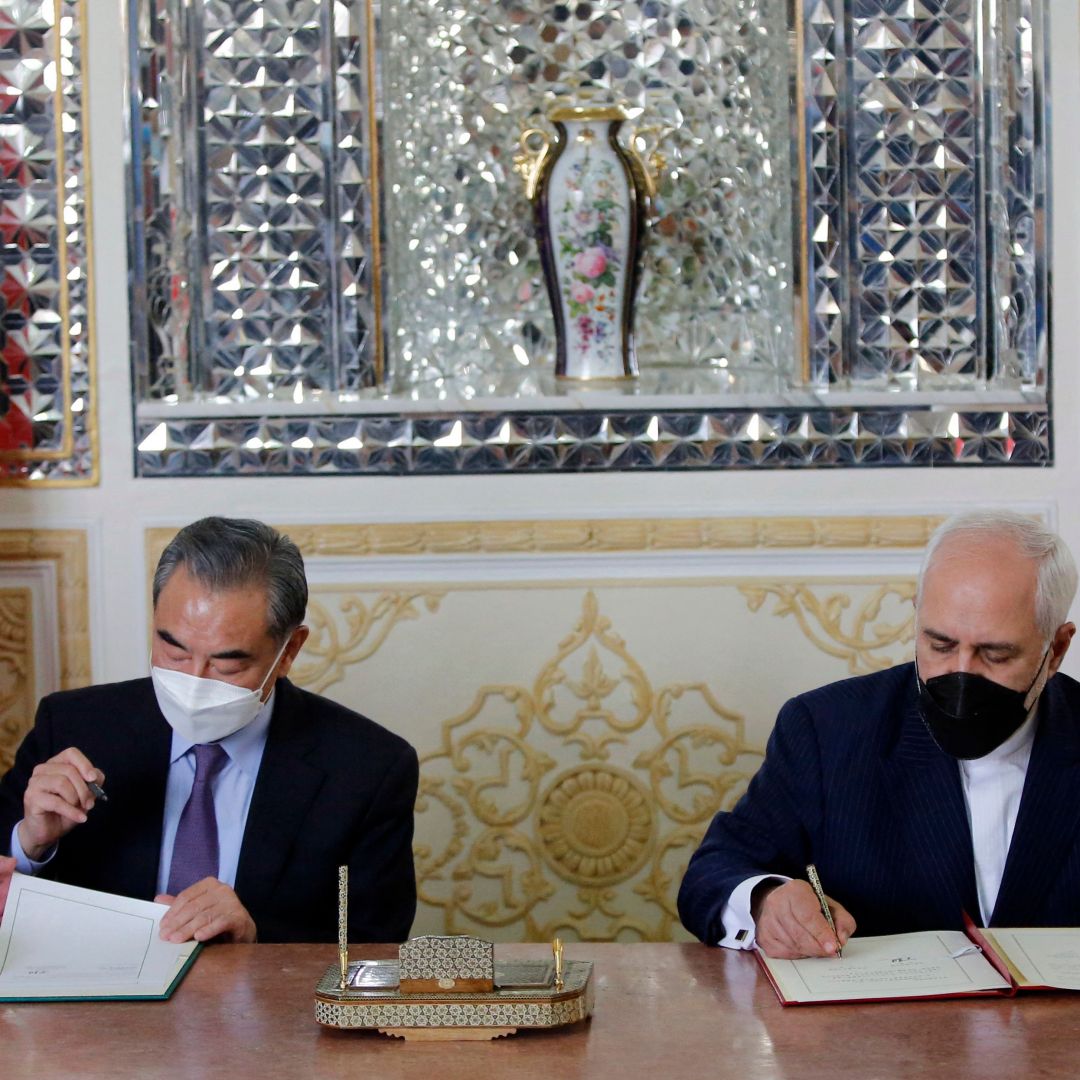
AssessmentsApr 14, 2021
Iran Will Pursue Its New China Partnership With Caution

SnapshotsOct 20, 2020
The U.S. Ramps Up Financial Support to Central and Eastern Europe
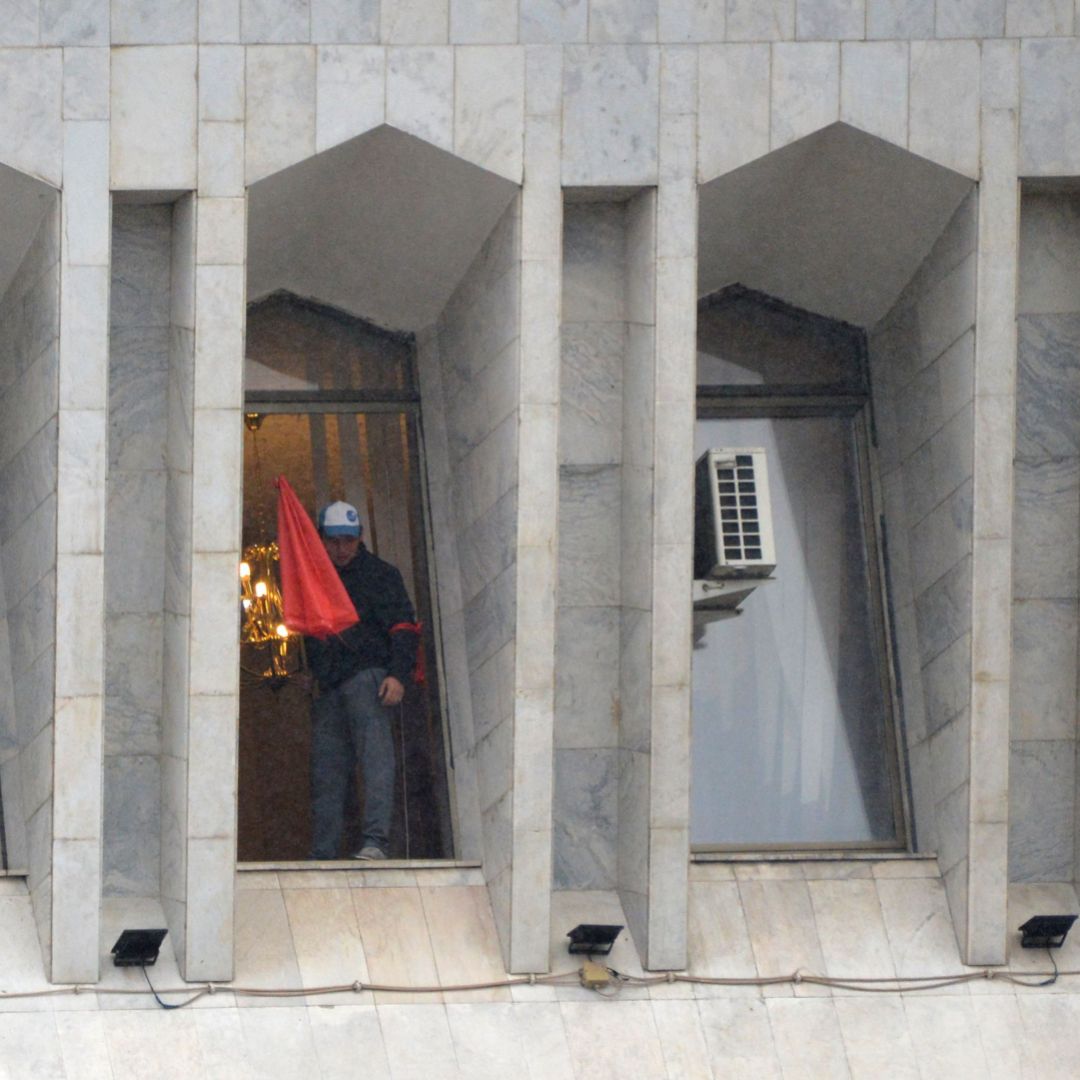
SnapshotsOct 6, 2020
In Kyrgyzstan, Protests Challenge the President’s Place in Power
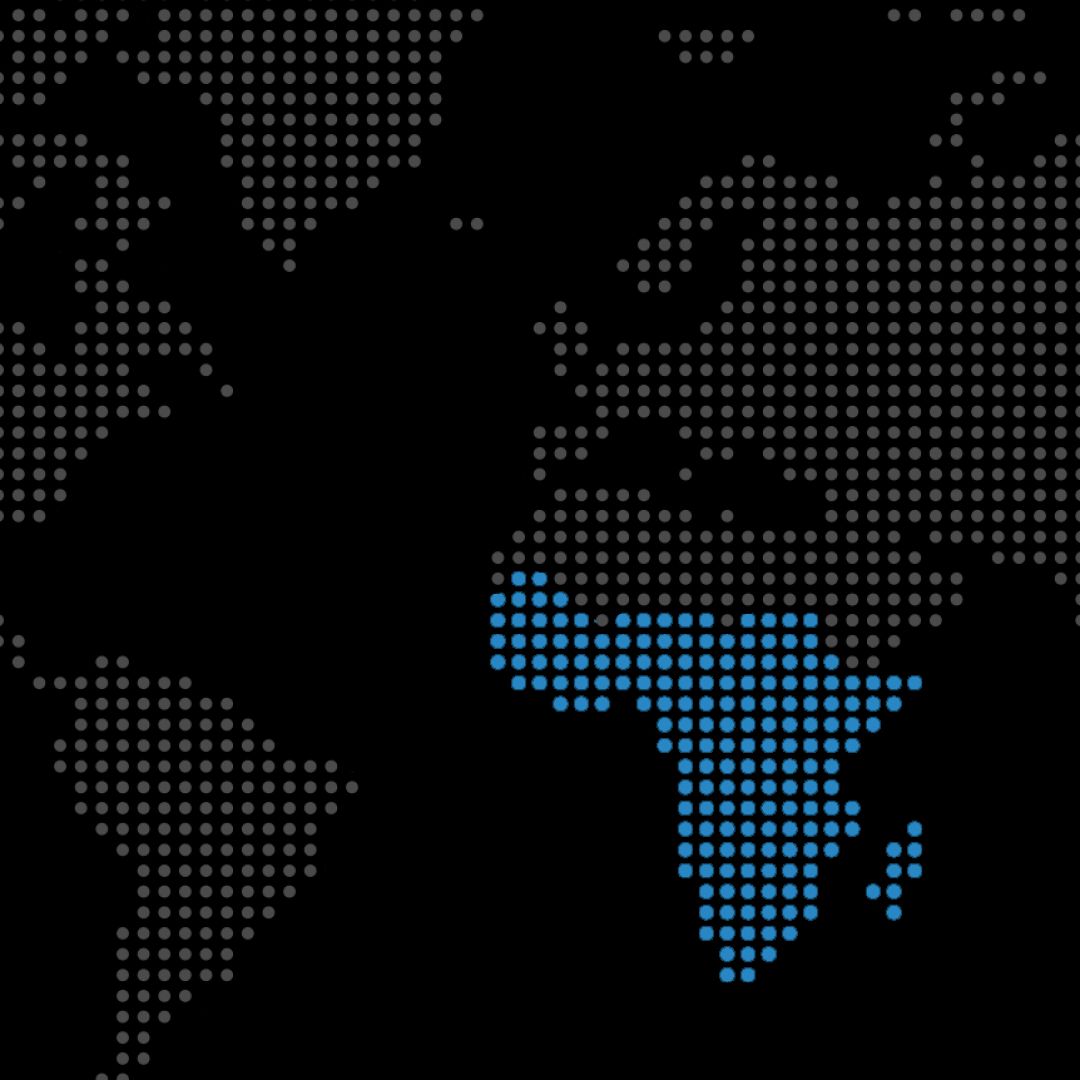
SnapshotsSep 22, 2020
Reading the Fine Print of Angola’s Debt Restructuring
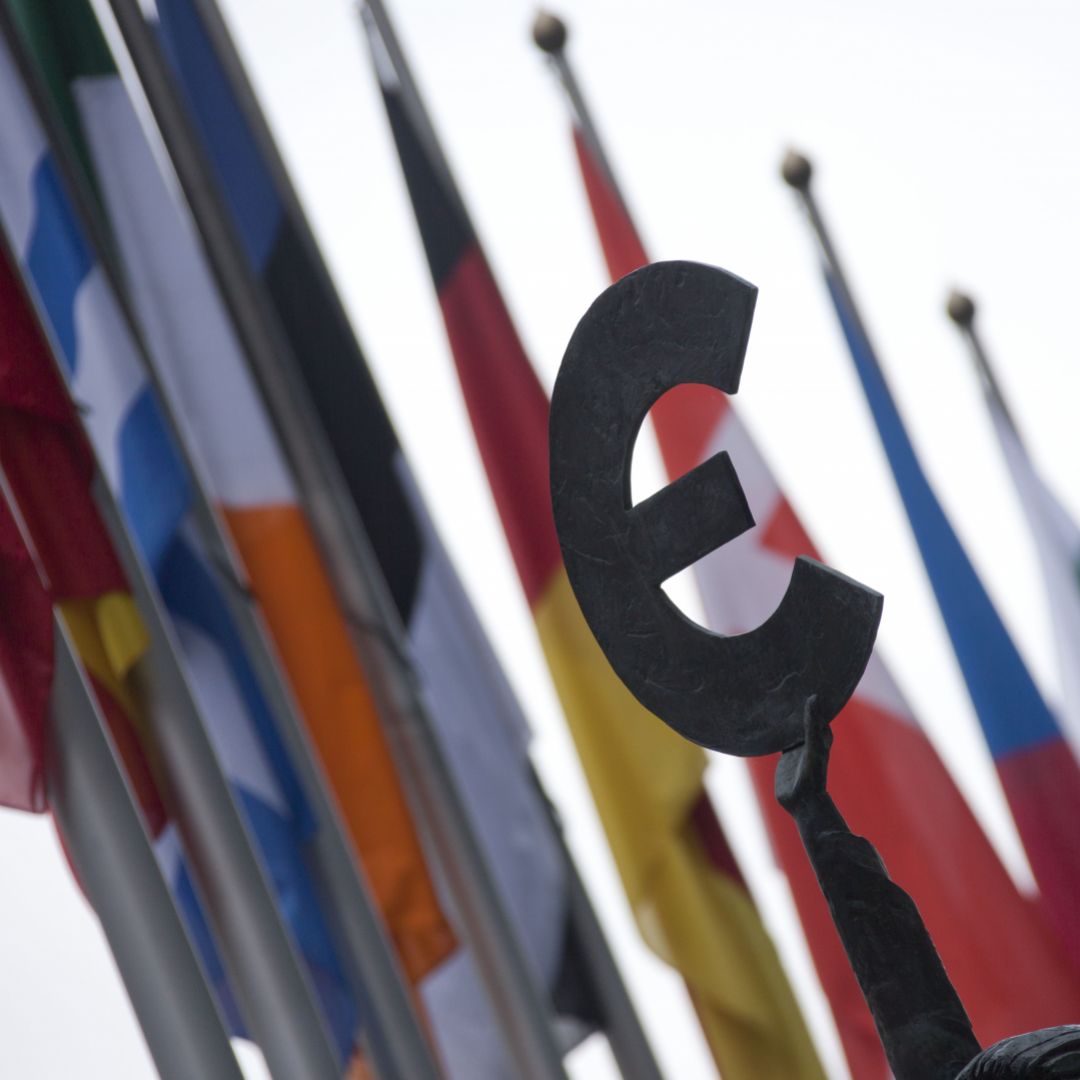
AssessmentsSep 11, 2020
What the Fading Promise of EU Accession Means for the Balkans
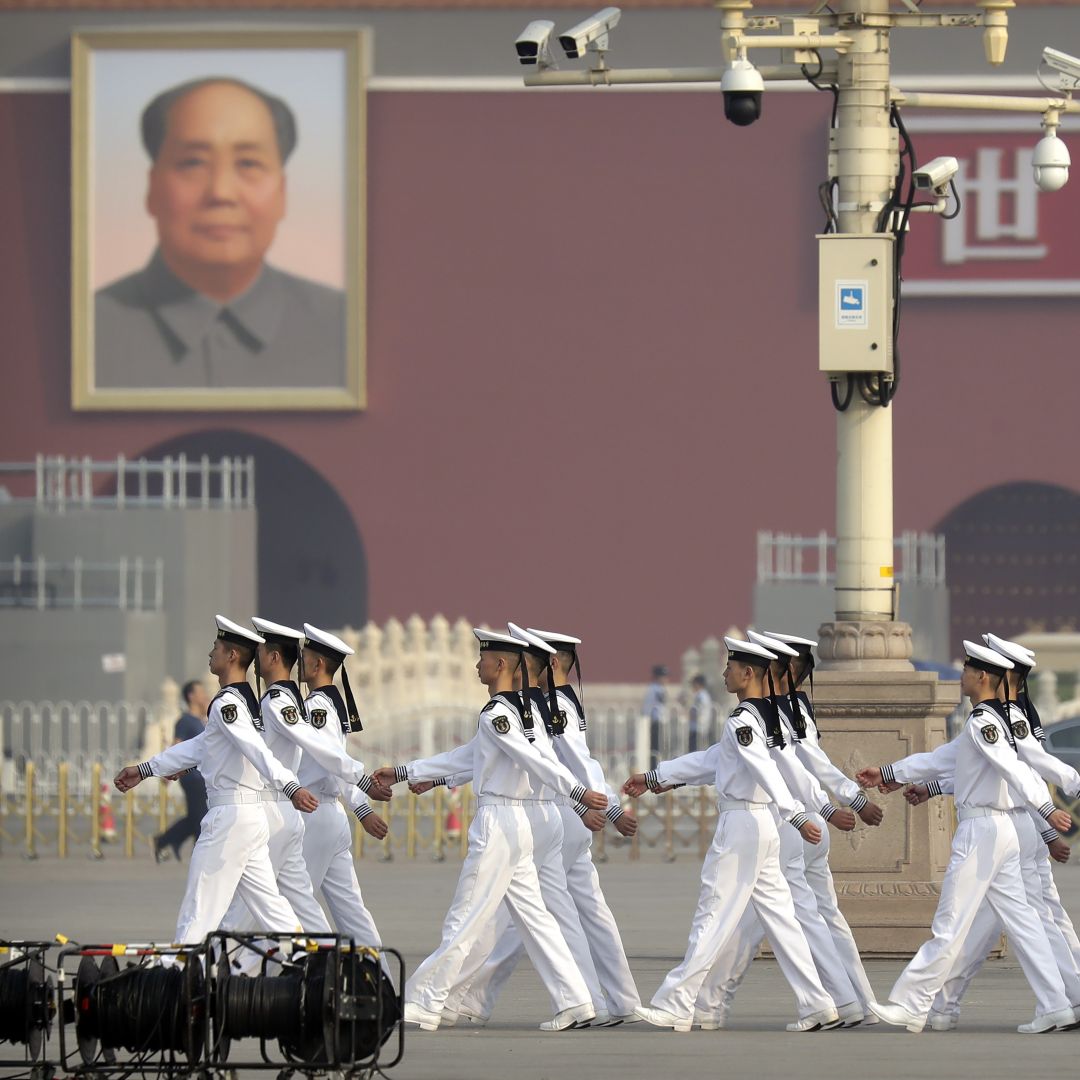
On GeopoliticsSep 7, 2020
China’s Amphibian Dilemma: Straddling Land and Sea Ambitions

